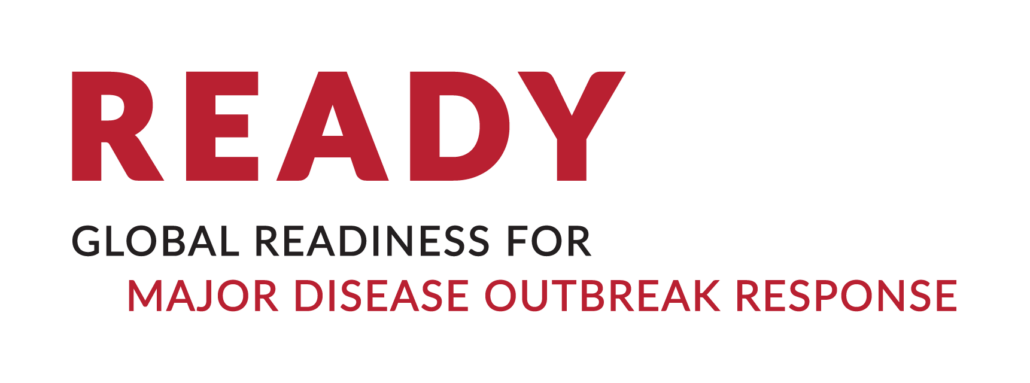RCCE: Perceptions, Misinformation, and Concerns in African Countries in the Time of COVID-19
Speakers: Kathryn Bertram, READY / Johns Hopkins Center for Communication Programs; Sharath Srinivasan, Africa’s Voices Foundation; Sharon Reader, IFRC Africa Regional Office || Theme: Understanding the concerns, perceptions, and misinformation barriers to practicing preventative behaviors in Sub-Saharan African countries, and what is being done to address them.
This Risk Communication and Community Engagement (RCCE)-focused webinar took place on Wednesday, April 29, 2020. For more up-to-date RCCE resources, please visit READY’s RCCE Toolkit or the COVID-19 Micro-Trainings RCCE Module.
Webinar Summary
Recent reports and provisional modeling by UN agencies and the WHO estimate that the number of cases and lives lost in Africa due to COVID-19 could surge within 3-6 months. Urban populations are of particular concern since the majority live in overcrowded neighborhoods, while unreliable access to hand-washing facilities and widespread rumors and misinformation are challenges in both rural and urban settings. In this webinar, Sharon Reader, Senior Advisor for Community Engagement and Accountability, IFRC Africa Regional Office, and Sharath Srinivasan, co-founder and Senior Advisor, Africa’s Voices Foundation, discussed the work they are doing to understand the concerns, perceptions, and misinformation barriers to practicing preventative behaviors in Sub-Saharan African countries, and what is being done to address them.
Moderator: Kathryn Bertram, Social Behavior Change Advisor, READY; Johns Hopkins Center for Communication Programs
Expert Speakers:
- Sharath Srinivasan, Co-founder and Senior Advisor, Africa’s Voices Foundation
- Sharon Reader, Community Engagement and Accountability, IFRC Africa Regional Office


Ce site Web est rendu possible grâce au soutien du peuple américain à travers le Agence des États-Unis pour le développement international (USAID) dans le cadre de l’initiative READY. READY (pas un acronyme) est soutenu par l'USAID Bureau pour la démocratie, les conflits et l'assistance humanitaire, Bureau américain d'assistance en cas de catastrophe à l'étranger (OFDA) et est dirigé par Sauver les enfants en partenariat avec le Centre Johns Hopkins pour la santé humanitaire, le Centre Johns Hopkins pour les programmes de communication, Royaume-Uni-Med, Alliance ÉcoSanté, et Miséricorde Malaisie. Le contenu de ce site Web relève de la seule responsabilité de Save the Children. Les informations fournies sur ce site Web ne reflètent pas nécessairement les points de vue de l'USAID, de l'un ou de tous les partenaires du consortium, ou du gouvernement des États-Unis, et ne constituent pas des informations officielles du gouvernement américain.

